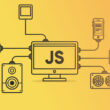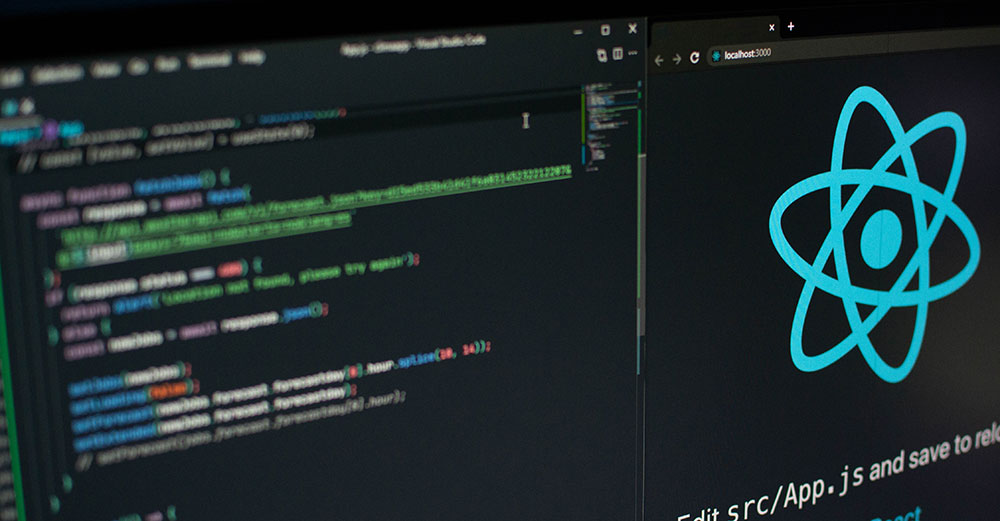Ever dived into a pool of code and surfaced with a stunning web app? That’s the power of JavaScript frameworks at play. They’re the silent ninjas of the Internet, slicing down development time and catapulting interaction to exciting new heights.
Picture this: You’ve got an idea. Maybe it’s a digital storefront, a portfolio, or a game-changing app. But transforming that gem of a concept into a clickable, scrollable reality?
That’s where frameworks come swooping in. They’re the scaffolding for modern web creation, where single-page applications and reactive interfaces aren’t just jargon—they’re your building blocks.
In this whirlwind tour, you’ll ride the wave of front-end development and uncover why frameworks aren’t just a choice but a necessity for crafting digital marvels.
From Angular’s robust structure to Vue’s elegant simplicity, and React’s dynamic community, we’ll navigate the maze of options together.
By the final period, you’ll not only grasp the ‘why’ but also the ‘which’ and ‘how’ of picking the perfect companion for your next project—no compass required.
Strap in; it’s time to propel your idea into the stratosphere of innovation!
The Best JavaScript Frameworks To Try
| Framework | Type | Language | Template System | Data Binding | Server-side Rendering | Reactivity | Component-Based | CLI Available | Learning Curve |
|---|---|---|---|---|---|---|---|---|---|
| AngularJS | MVVM | JavaScript | HTML/templating | Two-way | Yes | Digest cycle | Yes | Yes | Steep |
| React | Library | JavaScript | JSX | One-way | Yes | Virtual DOM | Yes | Third-party | Moderate |
| Vue.js | MVVM | JavaScript | HTML/templating | Two-way | Yes | Virtual DOM | Yes | Yes | Moderate |
| Ember.js | MVC | JavaScript | Handlebars | Two-way | Yes | Glimmer | Yes | Yes | Steep |
| Backbone.js | MV* | JavaScript | Underscore templates | N/A | N/A | Events-based | No | No | Low |
| Meteor.js | Full Stack | JavaScript | Blaze, React, Angular, Vue | Two-way | Yes | Tracker & Minimongo | Yes | Yes | Moderate |
| Express.js | Web Framework | JavaScript | N/A | N/A | Yes (with additional libs) | N/A | No | No | Low |
| Next.js | SSR Framework | JavaScript | JSX | N/A | Yes | Virtual DOM | Yes | Yes | Moderate |
| Aurelia | MVVM | JavaScript | HTML/templating | Two-way | Yes | Observers | Yes | Yes | Moderate |
| Svelte | Compiler | JavaScript | HTMLx | N/A | Yes | Reactive Assignments | Yes | No | Low |
| Polymer | Library | JavaScript | HTML/templating | Two-way | Not by default | Polymer’s own system | Yes | Yes | Moderate |
| Mithril | MVC | JavaScript | Mithril template strings | Two-way | Yes | Hyperscript/Virtual DOM | Yes | No | Low |
AngularJS
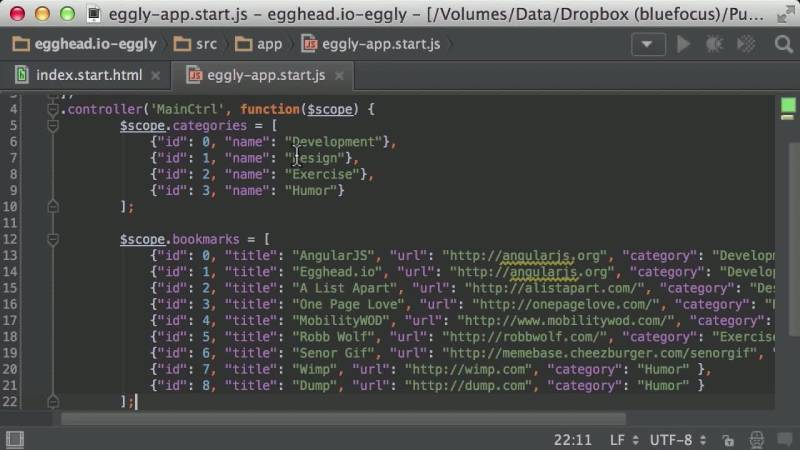
AngularJS stands as a seasoned warrior in the realm of JavaScript frameworks. Born from the innovative folks at Google, it’s a tool that revolutionized the way developers build interactive single-page applications. It thrives on its MVC architecture—that means managing data, logic, and views gets a whole lot neater.
Best Features:
- Two-way data binding
- Directives for extending HTML
- Dependency Injection
What we like about it:
The standout is its two-way data binding. Change something on the screen, and the model updates too—as smooth as a guitarist’s riff. AngularJS makes your code cleaner and more intuitive, meaning you get a full-featured runway to launch your ideas into orbit without losing a beat.
React
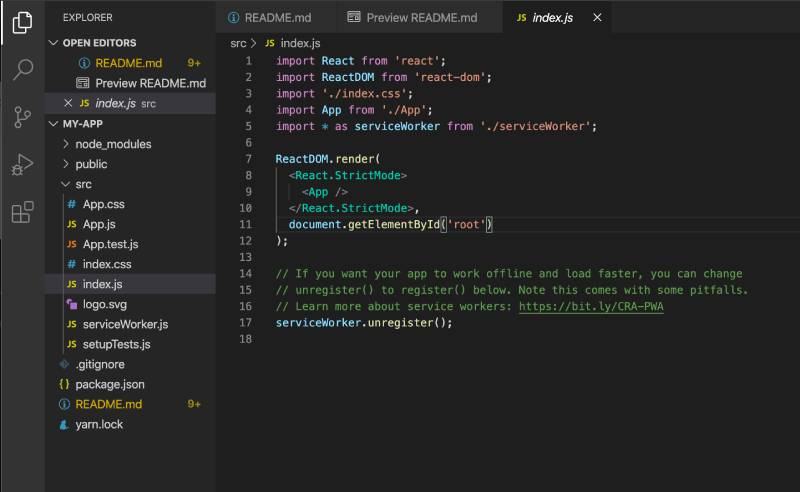
React is like the electric buzz in a crowd of developers. Crafted by Facebook, it’s a robust JavaScript library that’s changing the game. With React, you construct mesmerizing UIs one “component” at a time, laying out a puzzle that fits perfectly for both beginners and seasoned veterans.
Best Features:
- JSX for logic and UI
- Virtual DOM for performance
- Rich ecosystem
What we like about it:
The Virtual DOM is our crush here. It’s like painting a masterpiece but way faster, ensuring your apps are greased lightning on screens. Plus, the community? Stellar. Need a plugin or a tool? It’s one search away. React is like that friend who brings out the best in you and your projects.
Vue.js
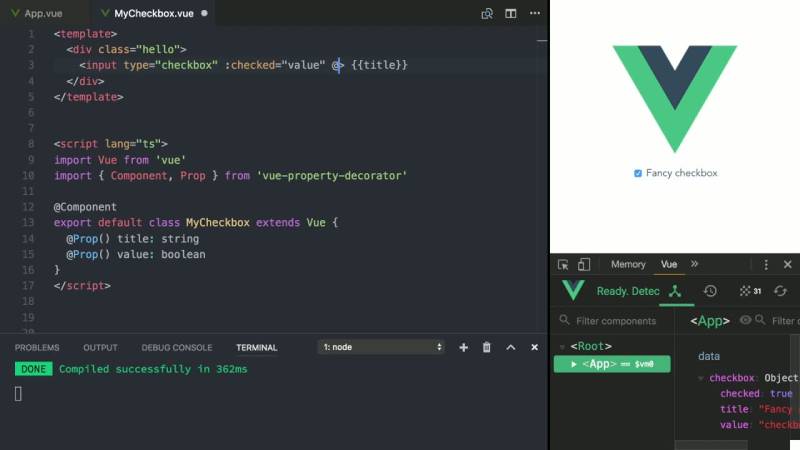
Vue.js is the rising star dazzling developers with its simplicity and progressive nature. Picture the elegance of fine calligraphy—that’s Vue, trimming the fat where it’s not needed and highlighting an intuitive front-end development experience that both rookies and pros can toast to.
Best Features:
- Easy learning curve
- Reactive and composable components
- Versatile ecosystem
What we like about it:
Let’s all raise a glass to Vue’s low entry barrier. Its documentation is like an open book that speaks to you, breaking down barriers and inviting you to craft web marvels without the migraine. Vue.js, you had us at “Hello World”.
Ember.js
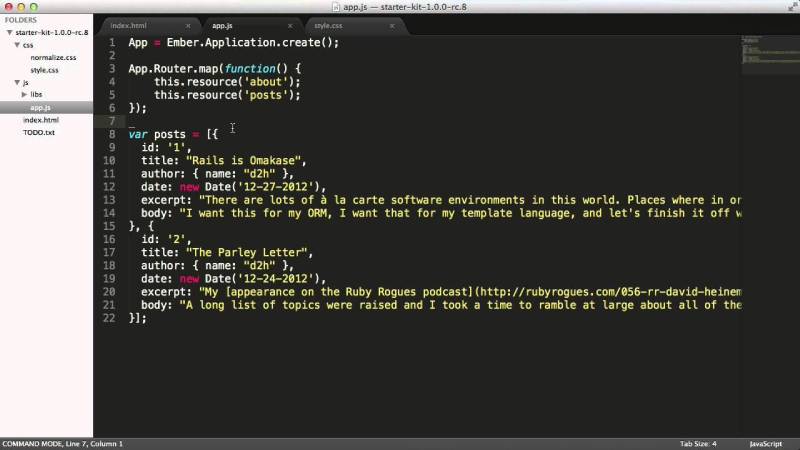
Meet Ember.js, the disciplined framework boasting a concoction of productivity and performance. Ember’s like that gourmet chef serving up best practices on a silver platter, streamlining development with convention over configuration. It’s all about crafting ambitious web applications that stand the test of time.
Best Features:
- Built-in best practices
- Routing as a first-class feature
- Ember CLI for productivity
What we like about it:
Ever wanted a GPS for your code? Ember’s got one built into its arteries. Its router listens and guides, making sure every transition within your web app feels as natural as waves crashing onto the shore. Embrace the Ember way, and watch your coding chaos turn into organized bliss.
Backbone.js
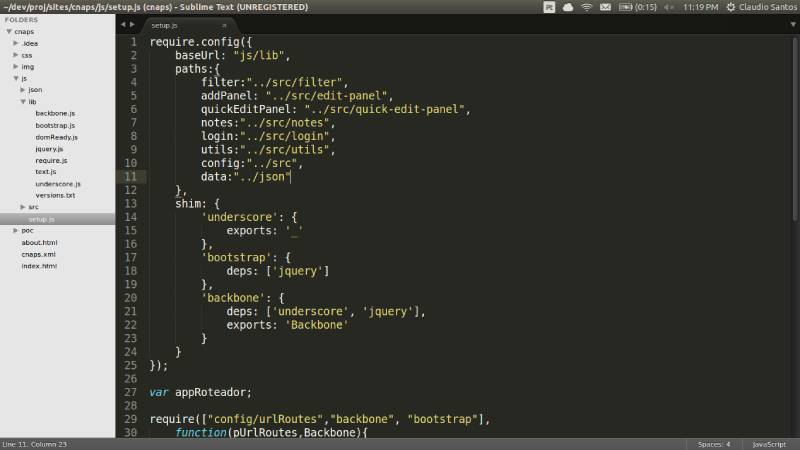
In the universe of JS frameworks, Backbone.js is that indie artist that gracefully refuses to fade. It’s about the freedom to structure your code as you please, painting your app’s spine with lightweight JavaScript libraries that won’t weigh down your creativity.
Best Features:
- Simple and flexible
- RESTful JSON interface
- Event-driven communication
What we like about it:
Minimalism is the name of Backbone’s game. It’s a feather on the scale, yet it holds up the world of your application. With succinct documentation and a Japan-style Zen garden of code organization, Backbone doesn’t impose. It liberates.
Meteor.js
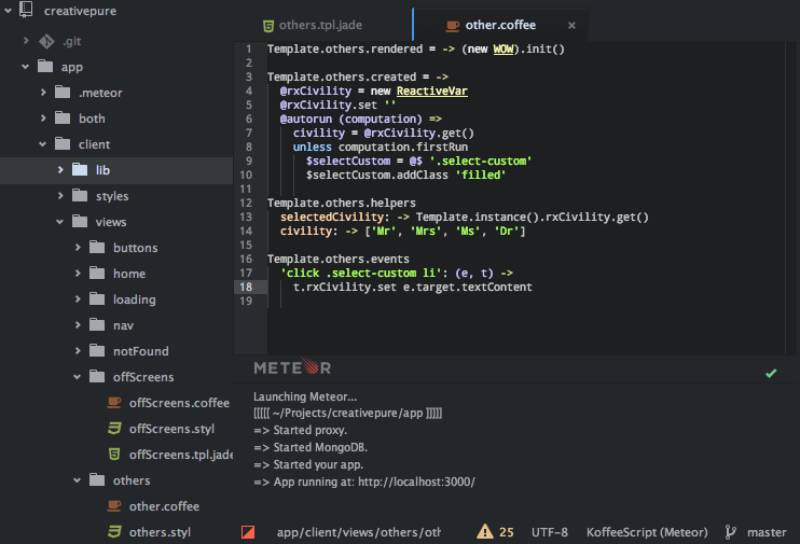
Meteor.js rockets through web development with an ecosystem that’s all about being real-time and responsive. Full-stack reactivity is Meteor’s honorary degree—it responds to your actions faster than you can say “Meteor”. It’s the full package, from database to UI, all in sync.
Best Features:
- Full-stack solution
- Real-time updates out-of-the-box
- Vast integrations with other frameworks
What we like about it:
Imagine your app as a live concert, and Meteor’s the band orchestrating real-time magic. Everything updates simultaneously—no refresh button required. Your user clicks, and the app plays back with zero delay. Meteor turns coding into jamming, and aren’t jams the best kind of sessions?
Express.js
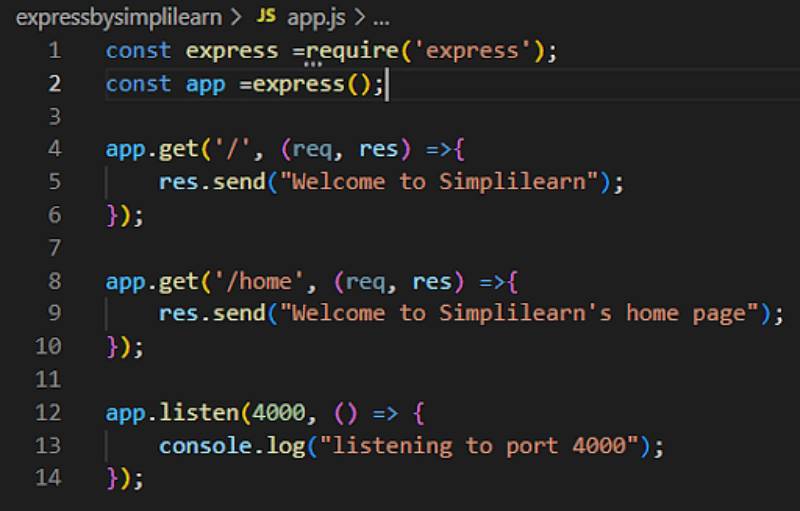
Gaze at the stars, and you might just find Express.js, the lightweight framework that maneuvers on the Node.js arena with grace and speed. Consider it the minimalist painter of backend frameworks, giving you the tools to sketch your server-side masterpiece without unnecessary clutter.
Best Features:
- Fast server-side development
- Middleware for extending features
- Robust routing
What we like about it:
Speed’s where it’s at with Express.js—you set the pace, and it keeps up. Its unopinionated nature means your choices aren’t boxed in, creating a blank canvas that beckons your backend ambitions to sprint free.
Next.js
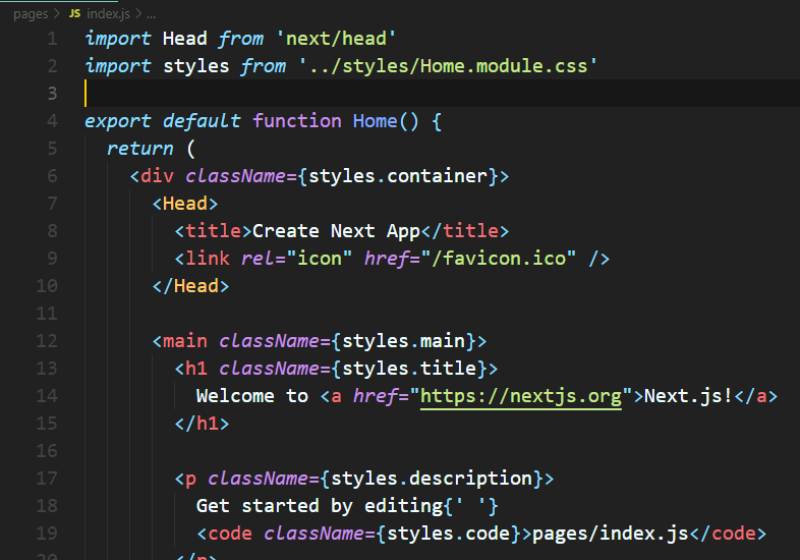
Next.js strides into the scene as the golden bridge between server and client-side. It’s a hybrid JavaScript framework—built on top of React—that makes server-side rendering a walk in the park. Like a behind-the-scenes maestro, Next.js conducts a seamless show between server, static sites, and even APIs.
Best Features:
- Server-side rendering
- Automatic code splitting
- Built-in CSS support
What we like about it:
Server-side rendering in Next.js gives your SEO a leg up, making sure search engines and social networks catch every whiff of your site’s fragrance. It’s like sending VIP invites to crawlers and users alike for the premiere of your latest digital creation.
Aurelia
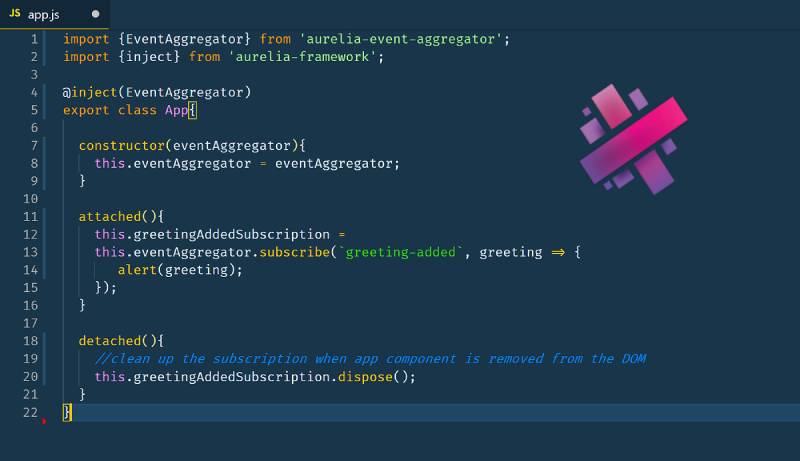
Aurelia waltzes in, a modern framework with a keen eye for standards. It chases the future, never compromising on what makes web standards tick. Aurelia’s the visionary, focusing on clean code and convention over configuration. The aim? To be as transparent as possible, mirroring the open web.
Best Features:
- Future-forward
- Clean and unobtrusive
- Standards-based
What we like about it:
What’s refreshing with Aurelia is its bet on the pure language—the untwisted, unturned, native JavaScript and Web Components. It’s like getting a straight-from-the-vine taste of tomorrow’s web, no additives. That’s the Aurelia promise.
Svelte
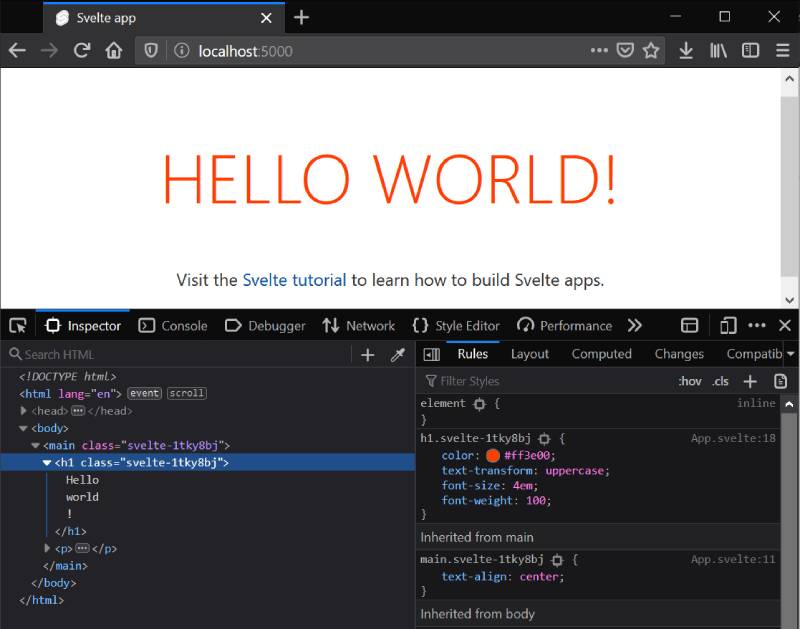
Svelte slices through the norm, daring to compile at build time rather than runtime. Say goodbye to virtual DOM and hello to writing less code. Svelte’s secret is shifting the workload to that compile step, delivering apps with near-zero client-side baggage.
Best Features:
- Compiles away framework code
- Less code to write
- Reactive without virtual DOM
What we like about it:
It’s all about the disappearing act. Svelte virtually leaves no trace—no hefty JavaScript libraries to ship to the browser. The result? A playing field where performance scores big and you write just the narrative, not the footnotes. Svelte is minimalism in its finest hour.
Polymer
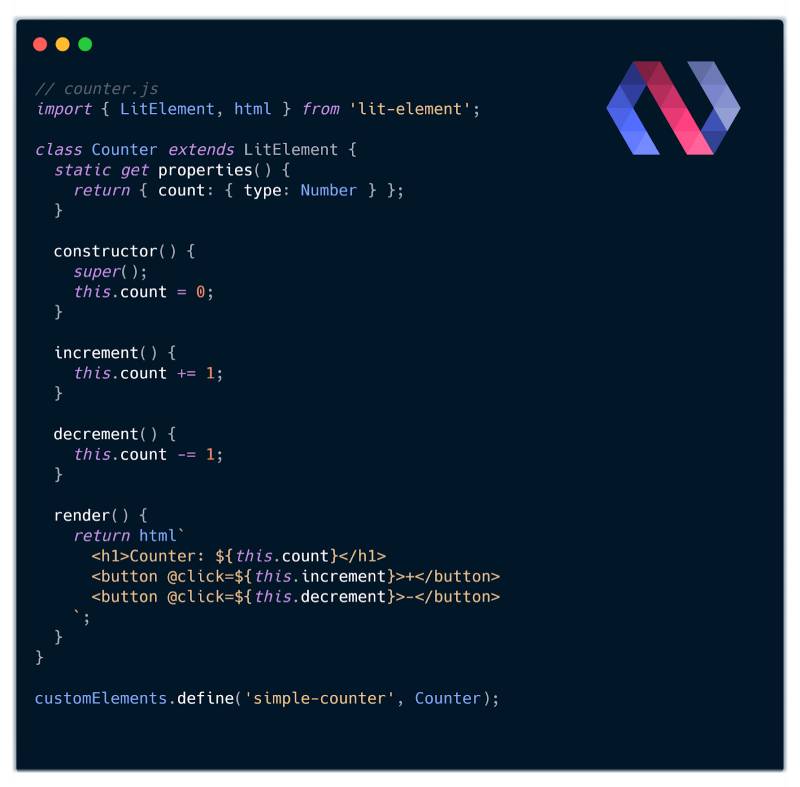
Polymer spreads its wings as a pioneer of Web Components. With a fond focus on building blocks that are as native to the web as the earth is to trees, Polymer plants the seeds for modular design. It’s the eco-friendly craftsman, employing standards for reusable widgets and elements.
Best Features:
- Embraces Web Components
- Reusable custom elements
- Rich tooling
What we like about it:
Polymer elevates the noble art of recyclability into the digital age. Write once, use everywhere—at the heart of Polymer lies this mantra. It’s like crafting a collection of Lego blocks, ready to assemble into countless majestic structures in the vast online playground.
Mithril
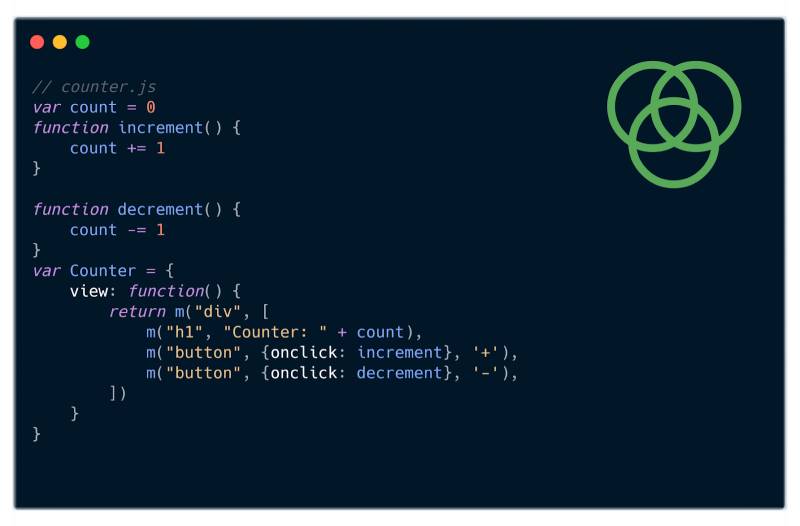
Mithril’s a framework that values speed and simplicity without compromising power. It whisks you away to a land where SPA frameworks can be both easy to learn and battle-hardened for complexity. It’s the whispering wind under the wings of startups and enterprises alike, taking flight with speed and finesse.
Best Features:
- Tiny footprint
- Fast rendering
- Out-of-the-box XHR and routing
What we like about it:
Mithril’s known for its zoom—lightweight and quick without the drag. Pages load like a breeze, and the learning curve? More of a gentle slope. Mithril’s a trusty steed in the race for reaching your audience with silky-smooth navigation and impeccable rendering speed.
FAQ about JavaScript Frameworks
What’s the big deal with JavaScript frameworks? Why not just use plain JavaScript?
Frameworks are like secret sauces. They turbocharge plain JavaScript, giving it structure with MVC architecture and making it easy to build SPAs. They also streamline the process with reusable components. It’s all about writing less code and doing more—efficient, right?
How do JavaScript frameworks impact the performance of a website?
They can be double-edged swords. Used wisely, they lead to snappy client-side templates and nifty single-page applications that load once and run smoothly. But, misuse them, and you might end up with a sluggish site. Pick the right tool for your project, and you’ll see the magic.
Which JavaScript framework is the best for beginners?
“Best” can be subjective, but Vue.js often gets the nod for its simplicity and gentle learning curve. It’s got this transparent reactivity system that helps newbies without overwhelming them. And there’s a ton of resources to help you glide through those first hurdles.
Are there any JavaScript frameworks specifically suited for mobile app development?
Absolutely! Take a peek at React Native. It lets you craft mobile apps with that JavaScript knowledge, and voila—your apps feel native because they are. The components map to real mobile UI elements. Plus, you can dabble in the same codebase for both Android and iOS. Efficient!
Can I use more than one JavaScript framework in a single project?
Technically, yes. But let’s keep it real—mixing frameworks is like putting ketchup on ice cream. It can get messy with conflicting conventions. Better stick to one and use npm modules or vanilla JavaScript to supplement your needs. Clean, optimized, and no architectural headaches.
How often do JavaScript frameworks get updated and do I need to keep up?
Hold onto your hats, because they update more often than your favorite streaming series drops new episodes! Staying current is part of the game, like leveling up characters. Not every update is critical, but watch for those game-changers—security patches, major performance boosts, or new shinies like TypeScript support.
Is learning a JavaScript framework enough, or do I need to know more?
A tool’s only as good as the hand that wields it. Mastery of plain JavaScript is a must—it’s the canvas to your art. Familiarity with related tech like Restful APIs, AJAX, and JSON also rounds out your toolkit. Don’t shy away from the whole stack.
How do I choose the right JavaScript framework for my project?
Think of it like matchmaking—align your project’s needs with a framework’s strengths. Big, enterprise-level stuff? Angular has your back. In love with versatility and speed? Vue might just be your perfect date. And if you’re into dynamic ecosystems, React’s got a network to enthrall.
Should I be concerned about the security of JavaScript frameworks?
Yes, keep your digital fortress secure. Frameworks come with their shields—like input sanitization or guarding against XSS—but the responsibility is shared. Keep up with updates, understand security pitfalls, and deploy additional measures like HTTPS and proper server-side validations. Vigilance is a developer’s armor.
What’s the future of JavaScript frameworks? Will they stick around?
These frameworks are no fleeting trend; they’ve dug their heels into the web’s fabric. Think of them as evolving species rather than static monuments. As long as browsers reign, JavaScript frameworks will too—morphing, adapting, and embracing advancements like Progressive Web Apps and new web standards. The future’s dynamic!
Conclusion
We’ve zipped past the basics and darted through the ins and outs, touching down on the most asked questions revolving around JavaScript frameworks. What’s crystal is that these digital sidekicks aren’t just bells and whistles—they’re the backbone of web apps making pixels dance to the tune of interactivity and sleek designs.
- Understanding MVC architecture? Check.
- Grasping the essence of single-page applications? Done.
- Distinguishing between Angular, Vue, and React? Nailed it.
Whether you’re in the game to craft real-time data binding magic or to marshal those asynchronous web apps to life, you’ve now got enough ammo to pick your framework sword and dive into battle.
And sure, the tech terrain morphs at breakneck speed, but you’ll be riding the wave—thanks to these stealthy companions. Are they vital? As essential as that morning cup of Joe. Keep learning, keep building, and who knows? The next digital masterpiece might just spring from your fingertips.
If you liked this article about the best JavaScript frameworks, you should check out these articles also:
- Mastering Product-Led Onboarding for New Users
- No Code App Builders To Build Stunning Apps with
- Use These API for Mobile Apps to Built High-Performing Apps
- The Most Expensive App Store Apps To Know Of
- Benefits of Working with a Professional Web Development Company For Your Website - April 29, 2024
- What’s Odoo ERP And How To Integrate It - April 29, 2024
- Design Collaboratively: UX/UI Apps Like Figma - April 28, 2024




